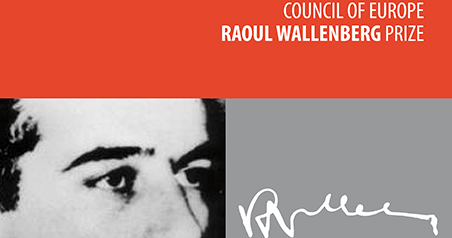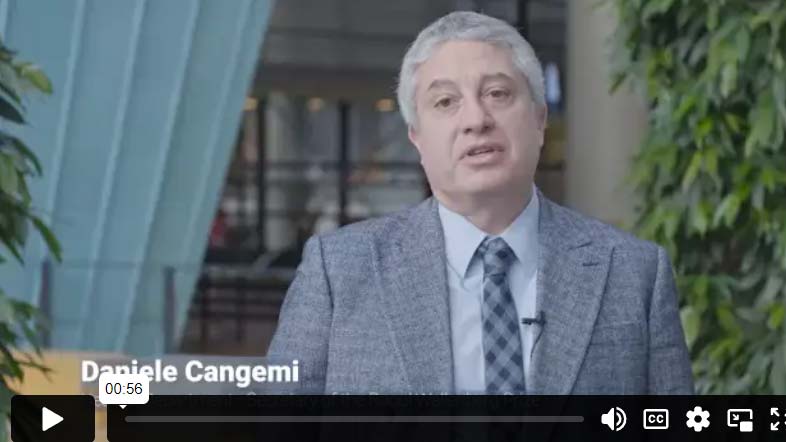Human rights: Extraordinary people deserve an extraordinary prize – the Raoul Wallenberg Prize
Let’s celebrate the people who help others. Let’s recognise their achievements in the field of human rights!
Do you know an individual, a group of individuals or an organisation that did something extraordinary to defend the human rights of others, who acted bravely beyond the call of duty? Whose deeds made a difference to people’s lives and are worth celebrating? Does their work deserve recognition and a prize of 10,000 euros?

Starting in 2014, the Council of Europe Raoul Wallenberg Prize, worth € 10 000, will be awarded every two years in order to reward extraordinary humanitarian achievements by a single individual, a group of individuals or an organisation. The award ceremony will take place at the Council of Europe around 17 January – the date of Raoul Wallenberg's arrest in Budapest in 1945.
The Jury consists of six independent persons with recognised moral standing in the field of human rights and humanitarian action, and appointed by: the Secretary General of the Council of Europe, the Swedish Ministry of Foreign Affairs, the municipality of Budapest, the Raoul Wallenberg Institute in Lund, the United Nations High Commissioner for Refugees (UNHCR) and the Raoul Wallenberg family.
Related Assets
In Budapest in 1944, Swedish diplomat Raoul Wallenberg used his status to save tens of thousands of Jews from the Holocaust. His actions show that one person's courage and ability can really make a difference, offering inspiration to us all to speak out and indeed to act against persecution, xenophobia and anti-Semitism.
In recognition of his outstanding contribution during that period, the State of Israel awarded Wallenberg the title of "Righteous among the Nations". He was also made an honorary citizen of Israel, the United States, Canada and Hungary.
Raoul Wallenberg was arrested by the Soviet forces on 17 January 1945. His fate remains an intriguing mystery. There is still no clear picture of what happen to him after his arrest.



